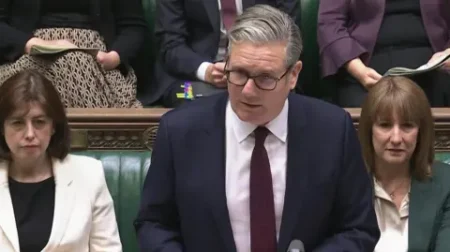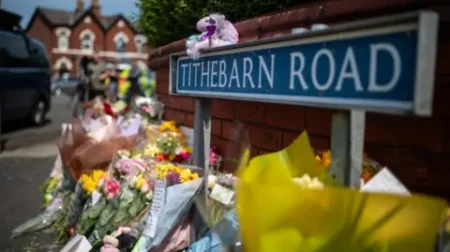The Horizon scandal, which pertains to the Post Office’s Horizon IT system, continues to unravel with devastating socio-economic effects on its victims. As reported in the mainstream media, the inquiry spearheaded by Sir Wyn Williams has highlighted the harrowing experiences endured by at least 59 individuals who reported suicidal thoughts, with ten of them attempting to take their own lives. Alarmingly, evidence indicates that more than 13 people may have died by suicide as a direct consequence of the scandal, which falsely accused numerous Post Office workers of theft and fraud.
The gravity of the findings reveals not only the human cost but also the urgent need for accountability within the Post Office. Coverage in various newspapers emphasizes the broad societal repercussions, with terms like “disastrous” characterizing the impact of these wrongful accusations on the lives of innocent individuals. Campaigners have expressed outrage, asserting that the Post Office bears “blood on its hands,” underlining the moral responsibility of the organization in light of what transpired.
In tandem with this story, the media has also shed light on the upheaval surrounding MasterChef presenter Gregg Wallace. His dismissal, stemming from allegations of misconduct, has attracted significant attention. The inquiry, led by an external law firm for the production company Banijay, remains a focal point of discussion, especially as Wallace has publicly denied the allegations while accusing the media of propagating unfounded rumors. The controversy surrounding his sacking offers a juxtaposition to the tragic narratives brought forth from the Horizon scandal, as it underscores a call for transparency and integrity within media reporting.
Highlighting the twin themes of tragedy and scandal, headlines across several leading UK newspapers have provided extensive coverage of both issues. The Daily Mirror leads with the Horizon findings, emphasizing the emotional and psychological toll on victims. Similarly, the Daily Mail echoes these sentiments, framing the Post Office’s actions as tantamount to causing severe distress, with some individuals directly attributing their suffering to the alleged misconduct of the institution. On the other hand, the Times discusses the ongoing strike actions among resident doctors in England, showcasing the pressure on the NHS, further exacerbated by a 5.4% pay rise that has come under scrutiny as inadequate against the backdrop of a 22% increase in previous years.
Further stories include Princess Catherine’s presence at a state banquet for President Emmanuel Macron, linking royal appearances to broader social themes within the nation. Political discussions around economic burdens are punctuated by fears over rising national debt, as articulated by an independent budget watchdog warning of daunting risks to public finances.
The disparity in media narratives between the tragic outcomes of the Horizon scandal and the personal repercussions of an accused public figure like Wallace highlights distinct facets of societal discourse. Wallace’s situation, while serious, appears lightweight compared to the devastation faced by families impacted by the errors of the Post Office. The inquiries into both issues will shape upcoming discussions on justice and accountability in the UK, with media outlets keenly observing public reaction and institutional responses.
Moreover, with additional claims emerging against Wallace, the nature of public scrutiny and the concept of “cancellation” take center stage in his story. As he pushes back against the allegations, insisting he won’t be “cancelled,” it opens up debates surrounding personal versus collective responsibility, as well as the integrity of media representations.
The ongoing discussion regarding the Horizon scandal, coupled with Wallace’s legal and public trials, illustrates the complexities of public accountability and illustrates the far-reaching implications of institutional failures amid a landscape of heightened media scrutiny. Each narrative threads a shared theme of human impact, accountability, and the need for a continued dialogue surrounding institutional integrity and social responsibility.











